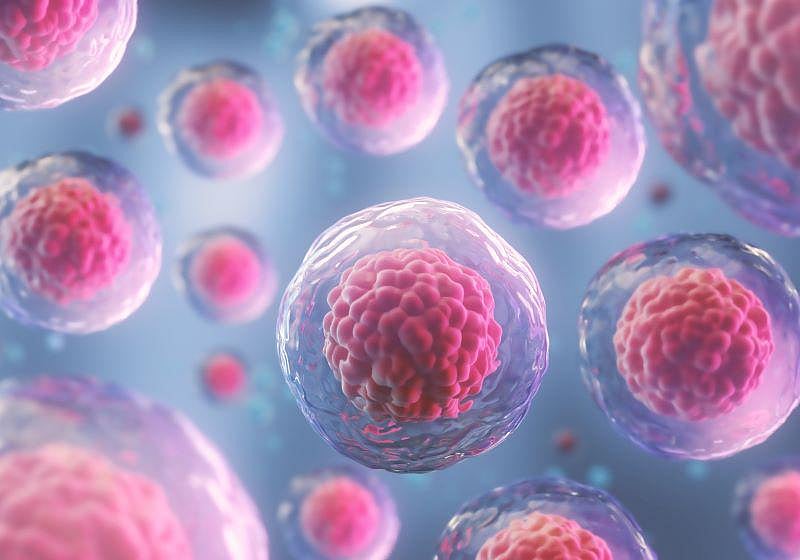Get Healthy!

- Posted August 1, 2023
Biotech Company Settles With Family of Henrietta Lacks, Whose Cells Revolutionized Medicine
Cervical cells from Henrietta Lacks, a cancer patient who died more than 70 years ago, are a cornerstone of modern medicine, but her family has never been compensated for the cells taken without her knowledge.
Until now.
Thermo Fisher Scientific of Waltham, Mass., has settled a lawsuit filed in 2021 by the family, which accused the biotechnology company of making billions of dollars from a racist medical system, the Associated Press reported.
"There couldn't have been a more fitting day for her to have justice, for her family to have relief,"her grandson Alfred Lacks-Carter Jr. said Tuesday on what would have been Lacks' 103rd birthday. "It was a long fight -- over 70 years -- and Henrietta Lacks gets her day."
Lacks, originally cared for at Johns Hopkins Hospital in Baltimore before dying at age 31, has had an immeasurable impact on science as cells taken from her tumor were the first to be successfully cloned.
The HeLa cell line, named after Lacks' first and last name, has led to medication innovations, including development of the polio and COVID-19 vaccines, as well as genetic mapping.
But the cells were taken before consent procedures existed.
The family settled Monday with the company after closed-door negotiations that included some of Lacks' grandchildren.
"The parties are pleased that they were able to find a way to resolve this matter outside of Court and will have no further comment about the settlement,"the family's attorney, Ben Crump, said in a statement.
Terms of the agreement are confidential.
Lacks was a poor tobacco farmer from southern Virginia with five children when she died in 1951. Buried in an unmarked grave, her story was later publicized in a bestselling book by Rebecca Skloot, "The Immortal Life of Henrietta Lacks,"and a 2017 HBO movie in which Oprah Winfrey played her daughter, the AP reported.
Unlike most cell samples, the HeLa cells survived and thrived in labs, the AP reported. That made it possible to cultivate Lacks' cells infinitely.
Johns Hopkins has said it never sold and has not profited from the cell lines, but many companies have done so.
The hospital system acknowledged an ethical responsibility, but said the medical system "has never sold or profited from the discovery or distribution of HeLa cells and does not own the rights to the HeLa cell line."
The family's lawsuit highlighted a racist medical system.
"The exploitation of Henrietta Lacks represents the unfortunately common struggle experienced by Black people throughout history,"the lawsuit reads. "Too often, the history of medical experimentation in the United States has been the history of medical racism."
While Thermo Fisher argued the case was past the statute of limitations, the family's attorneys noted that the company continues to benefit from the cells, the AP reported.
Lacks was also honored last week by U.S. senators Chris Van Hollen and Ben Cardin, both Maryland Democrats, who introduced a bill to posthumously award her the Congressional Gold Medal.
"Henrietta Lacks changed the course of modern medicine,"Van Hollen said in a statement announcing the bill. "It is long past time that we recognize her lifesaving contributions to the world."
More information
The U.S. National Institutes of Health has more on HeLa cells.
SOURCE: Associated Press, Aug. 1, 2023



